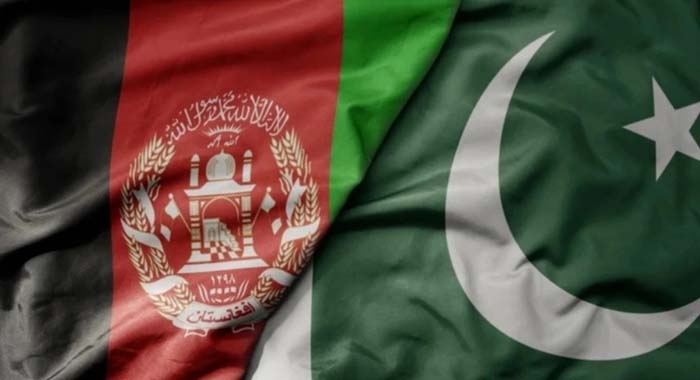Following recent border tensions between Pakistan and Afghanistan, the second round of peace negotiations between the two neighboring countries will take place today in Istanbul, Türkiye, under the joint mediation of Qatar and Türkiye, the Ministry of Foreign Affairs of Pakistan announced.
The announcement follows the first round of talks held in Doha, where both sides reached an agreement on an immediate ceasefire after a week of intense and deadly border clashes. During the Doha meeting, Pakistan and Afghanistan also agreed to hold follow-up sessions aimed at ensuring the continuity, credibility, and sustainability of the ceasefire implementation and monitoring mechanisms.
In a statement issued by the Foreign Office, Pakistan reaffirmed that it does not seek hostilities with Afghanistan. However, Islamabad urged the Afghan interim authorities to honor their commitments to the international community by taking decisive action against terrorist groups operating from Afghan soil, including the banned Tehrik-e-Taliban Pakistan (TTP), Fitna al-Hindustan, and other affiliated militant organizations.
The first round of negotiations, held in Doha on October 18–19, saw both countries presenting their respective concerns, paving the way for confidence-building measures and the resumption of dialogue.
Speaking in a recent interview, Pakistan’s Minister for Defence, Khawaja Asif, emphasized that the agreement signed by Pakistan, Afghanistan, Türkiye, and Qatar clearly stipulates that there will be no cross-border incursions, and that the ceasefire will remain in effect as long as the accord is upheld by all parties.
He reiterated that the banned TTP has been conducting attacks inside Pakistan from Afghan territory with the alleged collusion of elements within the Taliban administration—an accusation that Kabul has categorically denied. The Minister further stated that the primary objective of the ceasefire agreement is to eliminate the threat of terrorism, which has long plagued the border regions of both countries.
The recent escalation began along the 2,600-kilometer disputed border when Pakistan urged Kabul to take control of militant groups allegedly using Afghan territory as safe havens to launch attacks. On the night between October 11 and 12, Afghan security forces reportedly carried out unprovoked firing on Pakistani positions, prompting a measured but strong response from the Pakistan Air Force.
Subsequent Pakistani operations targeted TTP strongholds in the Afghan provinces of Kunar, Nangarhar, Paktika, Khost, and Helmand, resulting in the elimination of several militants and the destruction of multiple hostile Taliban posts.
Following heavy losses, the Afghan interim administration requested an immediate ceasefire, to which Pakistan responded by declaring a 48-hour temporary truce on October 15. Upon Kabul’s further request, Islamabad agreed to maintain the ceasefire pending the outcome of ongoing peace negotiations.
As both sides gather in Istanbul today, the international community watches closely, hoping that these talks will lay the foundation for lasting peace, stability, and cooperation across the Pakistan–Afghanistan border region.





